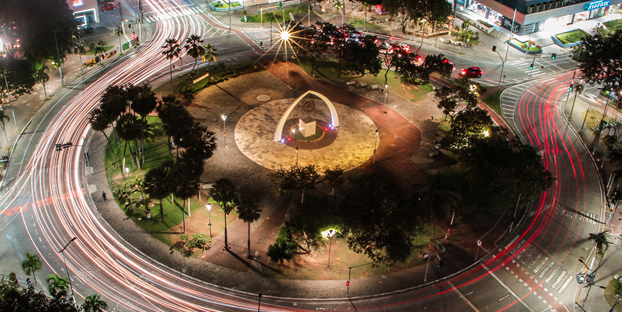Exploring Sustainable Urban Mobility: NOVA IMS joins the ENHANCE Project
Exploring Sustainable Urban Mobility: NOVA IMS joins the ENHANCE Project
Detalhe da Notícia

NOVA IMS is proud to be part of the ENHANCE project, which aims to understand the barriers for the application of 15-minute city (15mC) principles in outer metropolitan areas and small cities. The project will provide evidence to improve local planning decision-making and foster more sustainable travel behaviour.
The concept of the 15-minute city was initially developed for inner city districts in major metropolitan centres but is equally relevant to outer metropolitan areas and smaller towns and cities. However, these areas often face additional sustainability challenges such as greater car dependence, struggling local retail centres, and weaker active travel infrastructure.
Coordinated by the Vrije Universiteit Amsterdam, the ENHANCE project brings together expertise from academic and non-academic partners from The Netherlands, United Kingdom, and Portugal. From NOVA IMS, Professor Fernando Bação will lead the studies on the current, group-specific travel behaviour in relation to the 15mC objectives.
Using state-of-the-art data science techniques, NOVA IMS will cluster societal groups according to shared travel behaviour patterns and demographic characteristics. Our research team will then evaluate the degree to which different societal groups fulfil daily travel needs within short duration local trips and inform the equity assessment of 15mC implementation. The assessment will consider how observed travel behaviour is influenced by personal characteristics and spatial conditions relating to transport provision and the spatial distribution of services.
The total budget for this project is 890,000 EUR, of which 124,000 EUR goes to NOVA IMS, over three years. The ENHANCE project is created under Horizon Europe, the EU's key funding programme for research and innovation. The DUT partnership aims to tackle the challenges of urban transition by involving regional, municipal, and local communities.


